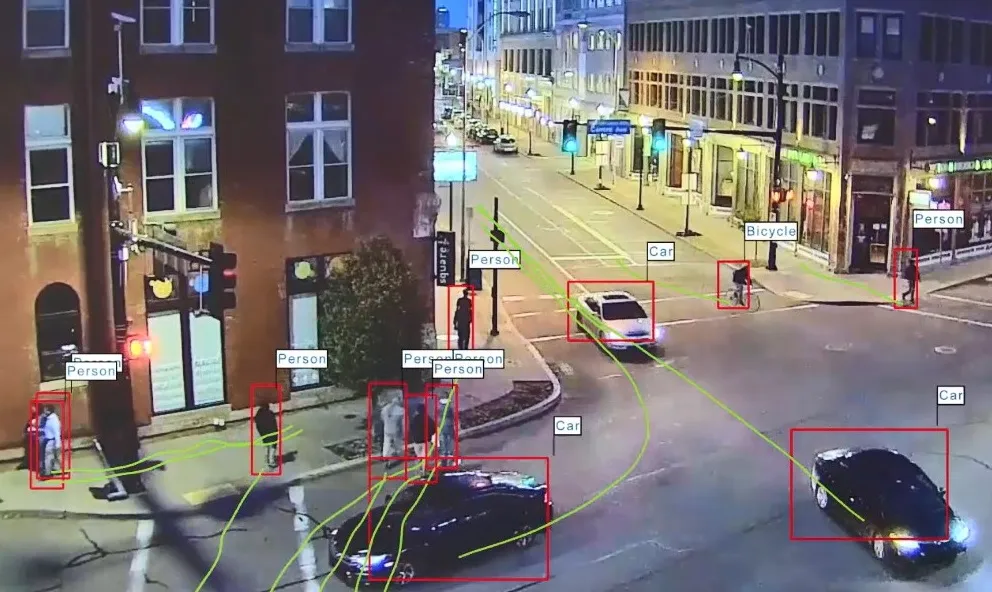The
The Glance School Zone Beacon System is powered by
School zone beacons, flashing signs which warn drivers to slow down, will be connected to IoT technology to help improve their responsiveness to schedule changes caused by severe weather and other disruptions.
The smart beacons feature cellular modems which allow traffic engineers to check the system is working correctly from their smartphones. The team can also send an alert to maintenance technicians if the lamp or battery fails.
Georgia uses IoT technology to make school zones safer
The Georgia Department of Transportation (GDoT) is installing Applied Information’s internet of things (IoT) technology in a bid to improve safety in school districts statewide. The initiative will be complete before the start of the academic term. The Glance School Zone Beacon System is powered by AT&T's 4G/LTE mobile network and will be implemented at more than 300 schools in 118 counties. School zone beacons, flashing signs which warn drivers to slow down, will be connected to IoT technology to help
August 14, 2018
Read time: 1 min










